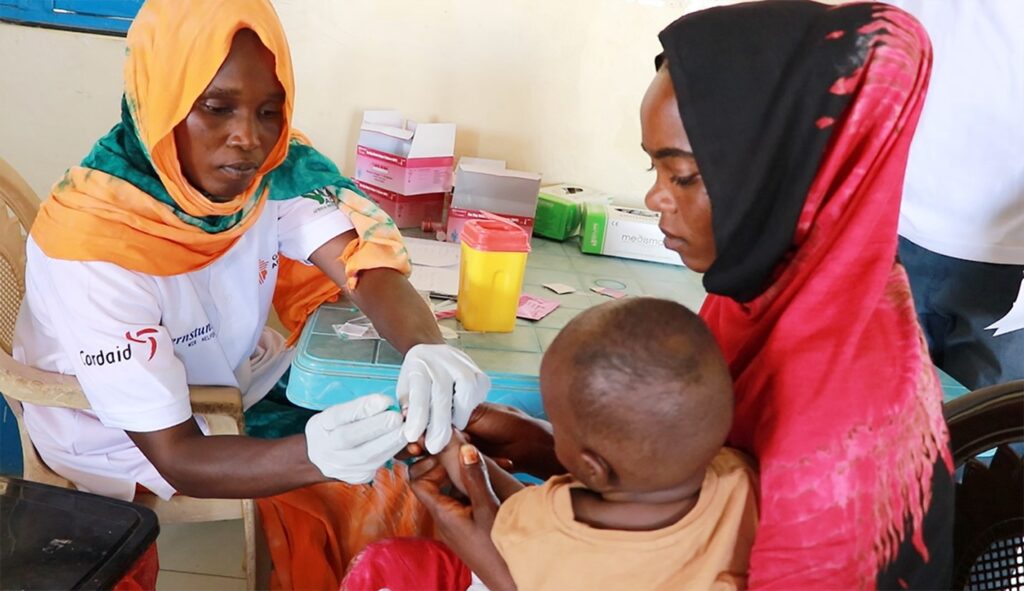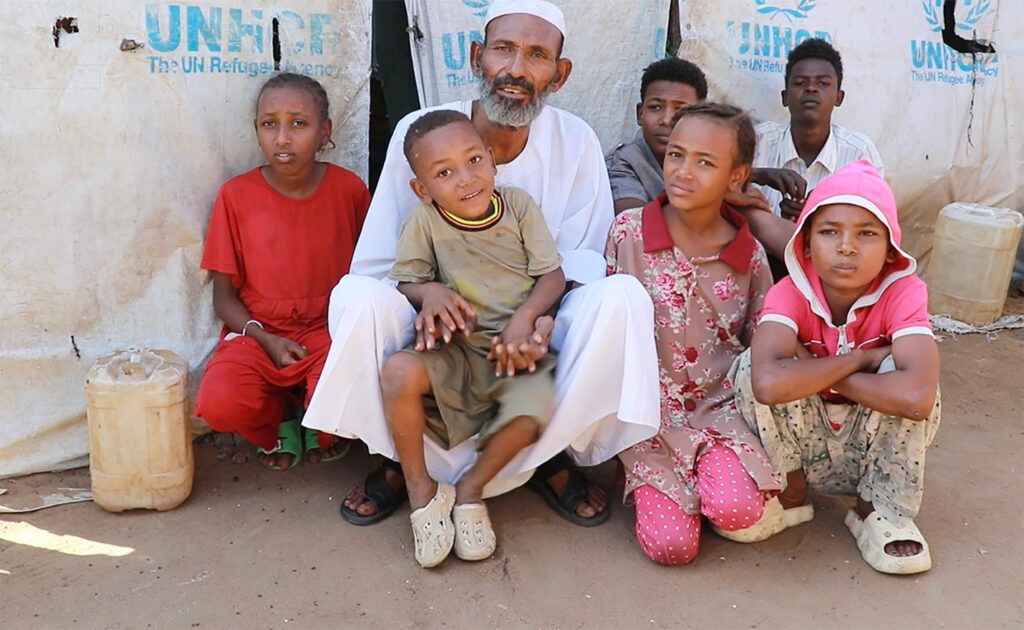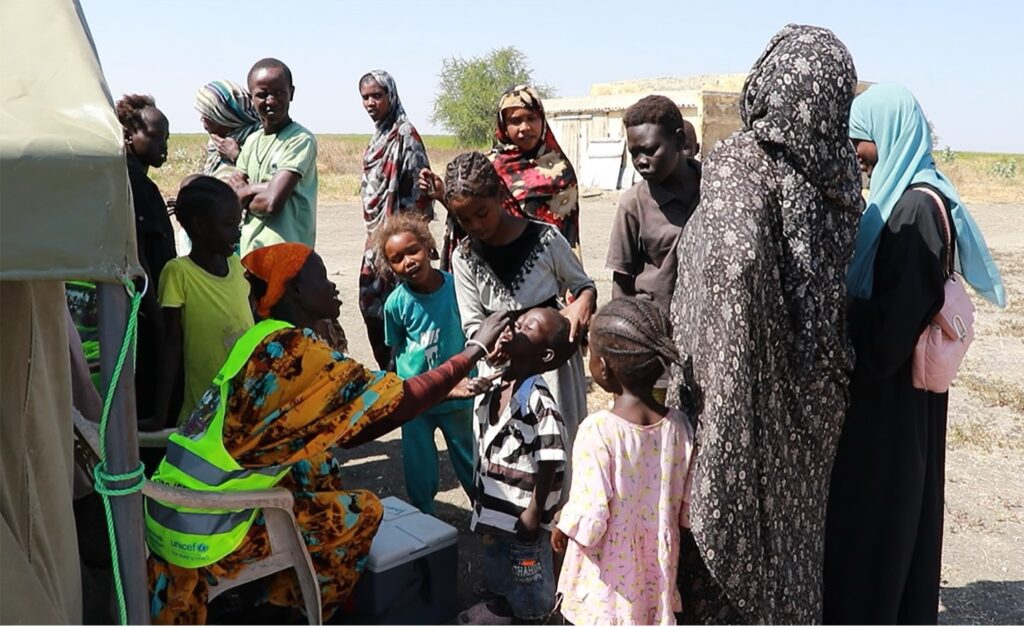Despite its many challenges due to years of civil war and the devastating effects of climate change, South Sudan continues to provide refuge to thousands of refugees from its northern neighbour, further straining its already limited resources for life-saving assistance.

Since the conflict erupted in Sudan in April 2023, South Sudan has experienced a significant influx of refugees and returnees. As of December 8, 2024, UNHCR estimates the country is hosting 211,367 refugees and 664,670 returnees.
Recent Escalation
The situation has worsened with the recent escalation of conflict near the Sudan-South Sudan border at Jorda and the informal entry point in Bobnis, leading to more civilians arriving in need of protection and assistance. The cholera outbreak in Renk County has made the condition precarious, and more support is needed to curb the spread.
The border crossing point serves as a lifeline for those fleeing violence. They often travel up to 40 kilometres to transit centres in Renk and Upper Nile State, either on lorries, on foot or donkey carts, carrying only a few belongings.
‘I pray Sudan finds peace so my children can return to school, and we can live a normal life again.’
The transit centres in Renk Town are overcrowded. They currently shelter over 17,000 people, with more people arriving daily. Refugees and returnees often suffer from illnesses like malnutrition, diarrheal diseases, and infections, requiring immediate health care and nutrition.
Watch this video about the situation at the Sudan-South Sudan border and the support Cordaid and its partners provide for the refugees:
Emergency Health Care
Azbeth Abdalla arrived from Jorda with her 7-month-old son, Mohamed Ibrahim, who was suffering from diarrhoea, flu, and skin infections. She sought medical attention at the Wunthou Primary Health Care Unit, managed by Cordaid’s implementing partner, Africa Development Aid (ADA), with curative support from GOAL.
The health centre offers basic care, including midwifery services, and refers severe cases to the hospital in Renk. After receiving treatment, Azbeth and her son continued their journey to the transit centres. She shared her experience: ‘The reception and services are good. We are treated equally, whether you are Sudanese or South Sudanese.’
Hussein Ali was once a trader in Khartoum selling consumer electronics. He fled to South Sudan with his wife and seven children. Now living in a transit centre at the border, he struggles to provide for his family and relies on support from relief organisations. ‘Life here is hard,’ he says. ‘I pray Sudan finds peace so my children can return to school, and we can live a normal life again.’

Water, Sanitation and Hygiene
Water, sanitation, and hygiene responses have been strengthened to address the cholera outbreak in Renk County. Partners are conducting vaccinations and promoting hygiene practices in the border areas and host communities.
‘The number of malnourished children in health centre is overwhelming. These children require urgent care.’
Cordaid, through partner ADA, provides soap and water buckets and organises hygiene awareness campaigns. Despite these efforts, life remains extremely challenging for the refugees, who rely on humanitarian assistance while hoping for peace and stability.
ADA is currently the only organisation operating in Bobnis, an informal entry point for refugees and returnees from Sudan. It is located 90 kilometres from Renk and about 35km from the border with Sudan.
The growing population in this isolated area pressures the remaining water sources. This increases the risk of further spreading diseases and infections, worsening the already critical issues of malnutrition and poor health among the population.

